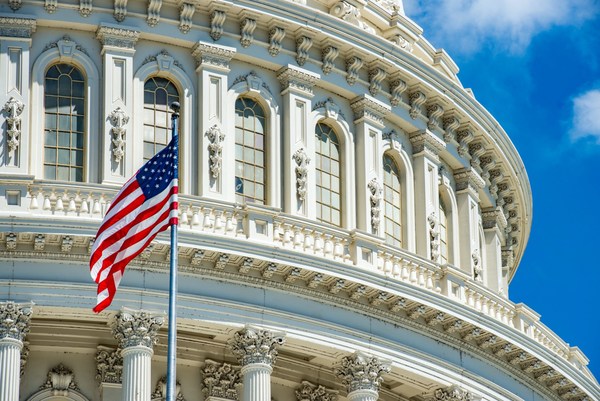Article Not Found
This article is no longer available. There could be several reasons for this, including:
- Outdated information: The article may have contained time-sensitive information that is no longer relevant or accurate
- Internal Review: Articles are regularly re-reviewed; if the quality of an article is deemed to be questionable, it may be temporarily unavailable until it can be properly updated.
Related Content

The Top Education Grants for Women
College is expensive, but women looking to go back to college may be eligible for education grants for women. Find out if you could receive free money to go back to college.

North Carolina Financial Assistance – The Work First Program
The North Carolina Financial Assistance program, Work First Program helps families become financially responsible and care for their own families.

Everything You Need to Know About the Rural Rental Assistance Program
Does your family live in a rural area and on very low income? You may be eligible for rural rental assistance.

Government Grants: Making the Right Choice
Are you interested in applying for government grants? Learn about some of the grants you may be eligible for and how to apply.

How To Find and Apply For Government Assistance Programs
Public financial assistance is available in the form of government grant money. Learn which you qualify for, and how to apply for them.

United States Veterans Researching Options for Financial Assistance
Are you a veteran? Are you researching options for financial assistance? We've got everything you need to get started in no time.